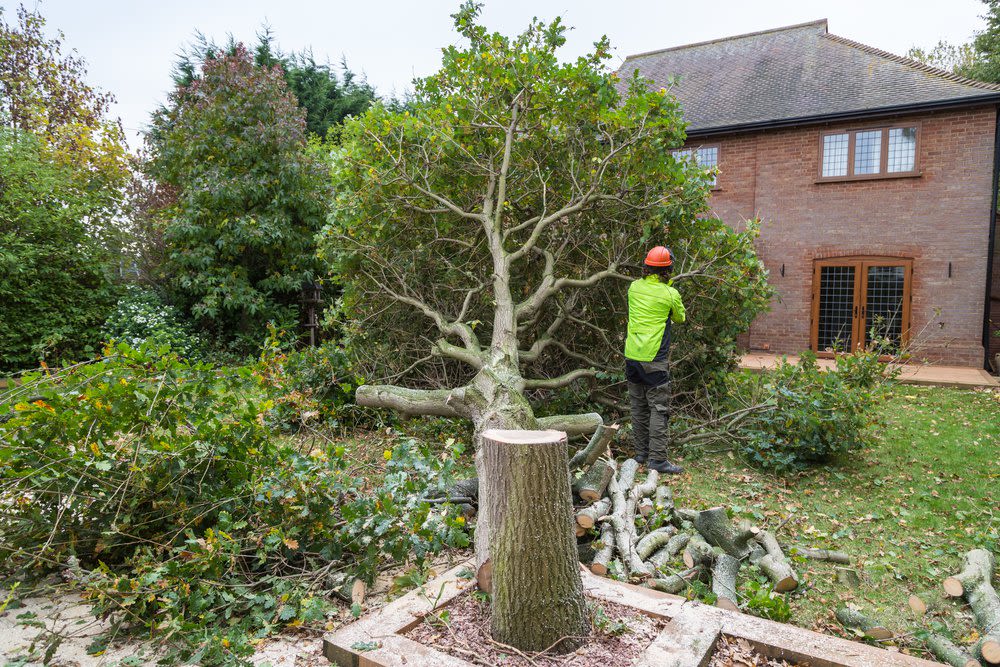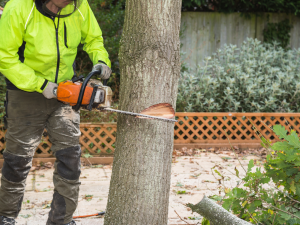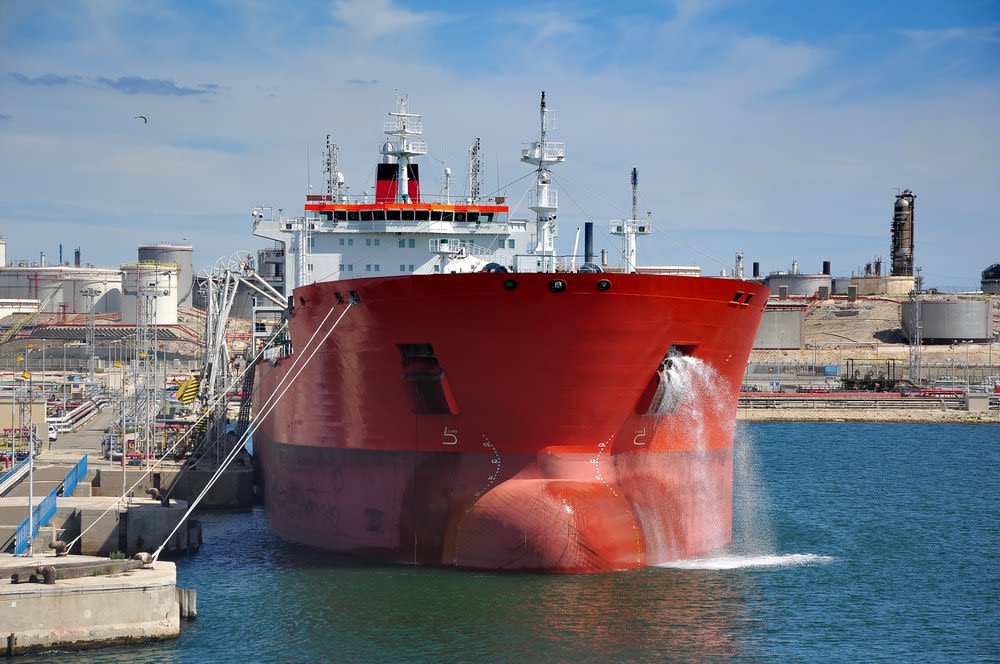The Supreme Court holds that to be liable as a facility operator under MTCA, a person must direct the working of, manage, or conduct the affairs of a facility.
BLOG
Categories
Permit application fee requirement is a land use decision
The Washington Supreme Court holds that the imposition of a permit application fee is a land use decision under the Land Use Petition Act, requiring that any challenge to the fee be filed within 21 days.
Court of appeals says liability for timber trespass is joint and several
Under Washington law, intentional torts are subject to joint and several liability. Common law trespass is considered an intentional tort. The Washington Court of Appeals now says that the statutory liability for "timber trespass" also is an intentional tort, subject to joint and several liability. But is it?
Landowner may be required to sell property to encroacher
When someone encroaches on a neighbor's land, the remedy is usually to eject the encroaching structure. In exceptional cases, however, a court may order the land sold to the encroacher.
MTCA investigative costs recoverable in private action even if cleanup levels are not exceeded
The Washington Supreme Court holds that the Model Toxics Control Act (MTCA) allows a private party to recover investigative costs, such as the cost of soil testing, as long as those costs are the substantial equivalent of a remedial action conducted by the Department of Ecology.
Property owner is not necessarily liable for wrongful interference
A party subject to an easement may continue to use its property in a reasonable manner. It may not, however, interfere with the easement holder’s use of the easement. Such interference may subject the party to liability for damages resulting from the wrongful interference.
Residential timber trespass in Washington – liability
In Washington, a person is liable for timber trespass if the cuts down, girdles, or otherwise injures, or carries off any tree, timber, or shrub on the land of another person.
Port of Vancouver crude-by-rail oil terminal lease complies with SEPA
A port's lease of land for an oil rail terminal does not foreclose reasonable alternatives that must be considered in a future environmental impact statement.
Protect coastal resources, says Washington Supreme Court
Terminals for the transfer of crude oil from trains to marine vessels are subject to the coastal protection requirements of the Ocean Resources Management Act.









